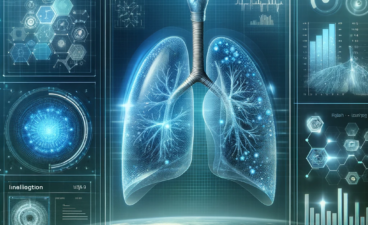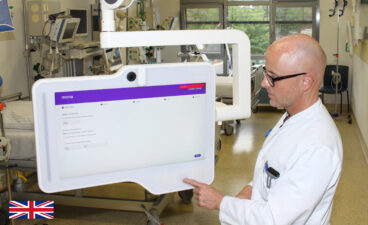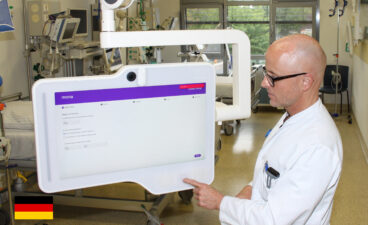New paper: Artificial intelligence and machine learning in intensive care research and clinical application

Hardly any other development is pre-dicted to have a greater impact on our daily working life than artificial intelli-gence (AI). A popular field of application of artificial intelligence is the so-called “machine learning”, the discipline that deals with the generation of computerised knowledge from experience through self-adaptive algoriths. Especially the high practical relevance, for example, in the field of pattern re cognition and prediction, makes machine learning a preferred field of application in the medical domain. Especially in intensive care medicine, characterised by an exceptionally high data density and widespread computer-based data acquisition routines, machine learning has recently gained relevant influence in a scientific context as well. The data density of intensive care medicine, resulting from the steadily increasing number of connected devices and data streams, makes the application of AI a preferred field of application in research and development. This opens up new horizons for practice. Thus, after validation, AI-based algorithms in future will not only be able to influence the behaviour of the professions involved, but also directly influence the treatment of patients.
See the full publication free of charge here (German Languange):
https://www.ai-online.info/images/ai-ausgabe/2020/09-2020/AI_09-2020_Uebersichten_Peine.pdf
A. Peine · C. Lütge · F. Poszler · L. Celi · O. Schöffski · G. Marx · L. Martin
Künstliche Intelligenz und maschinelles Lernen in der intensivmedizinischen Forschung und klinischen Anwendung
More stories

Using Clinical Data and AI to reshape COPD – fractional dynamics deep learning models

Clinomic receives a landmark order from Sana Kliniken for 200 digital assistance and telemedicine systems Mona
